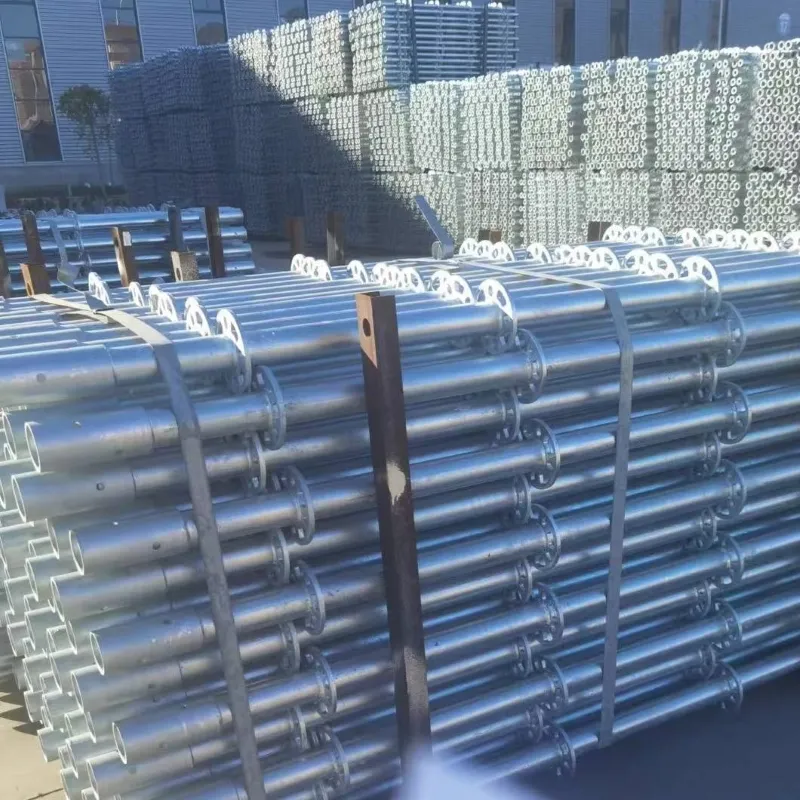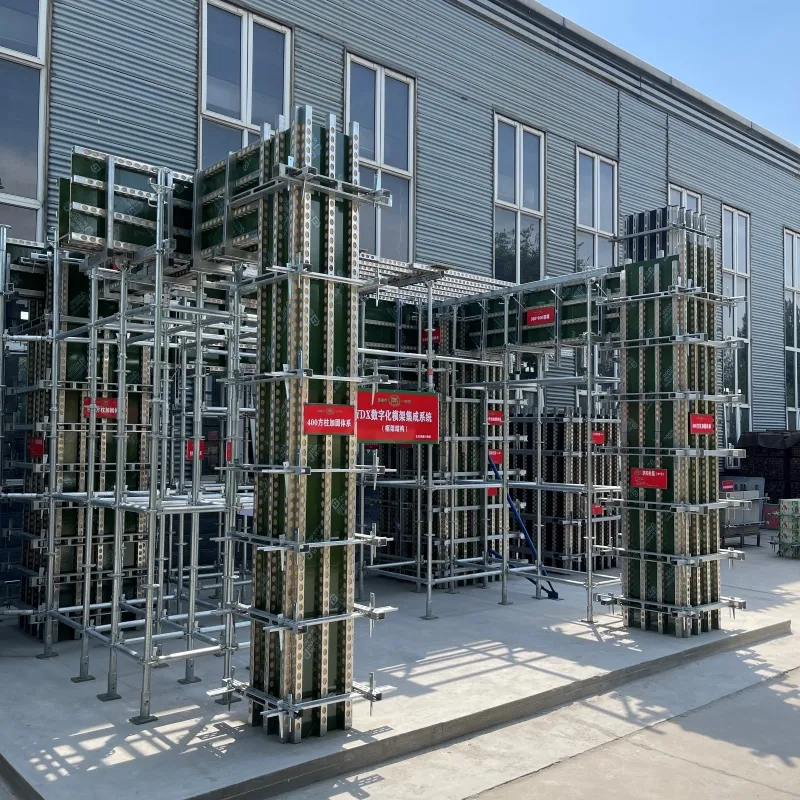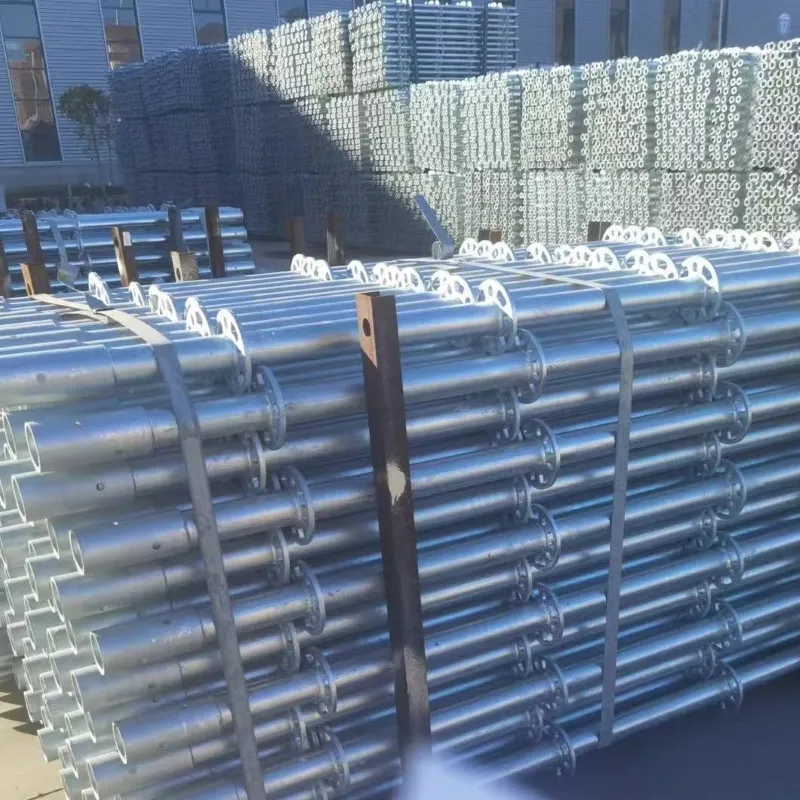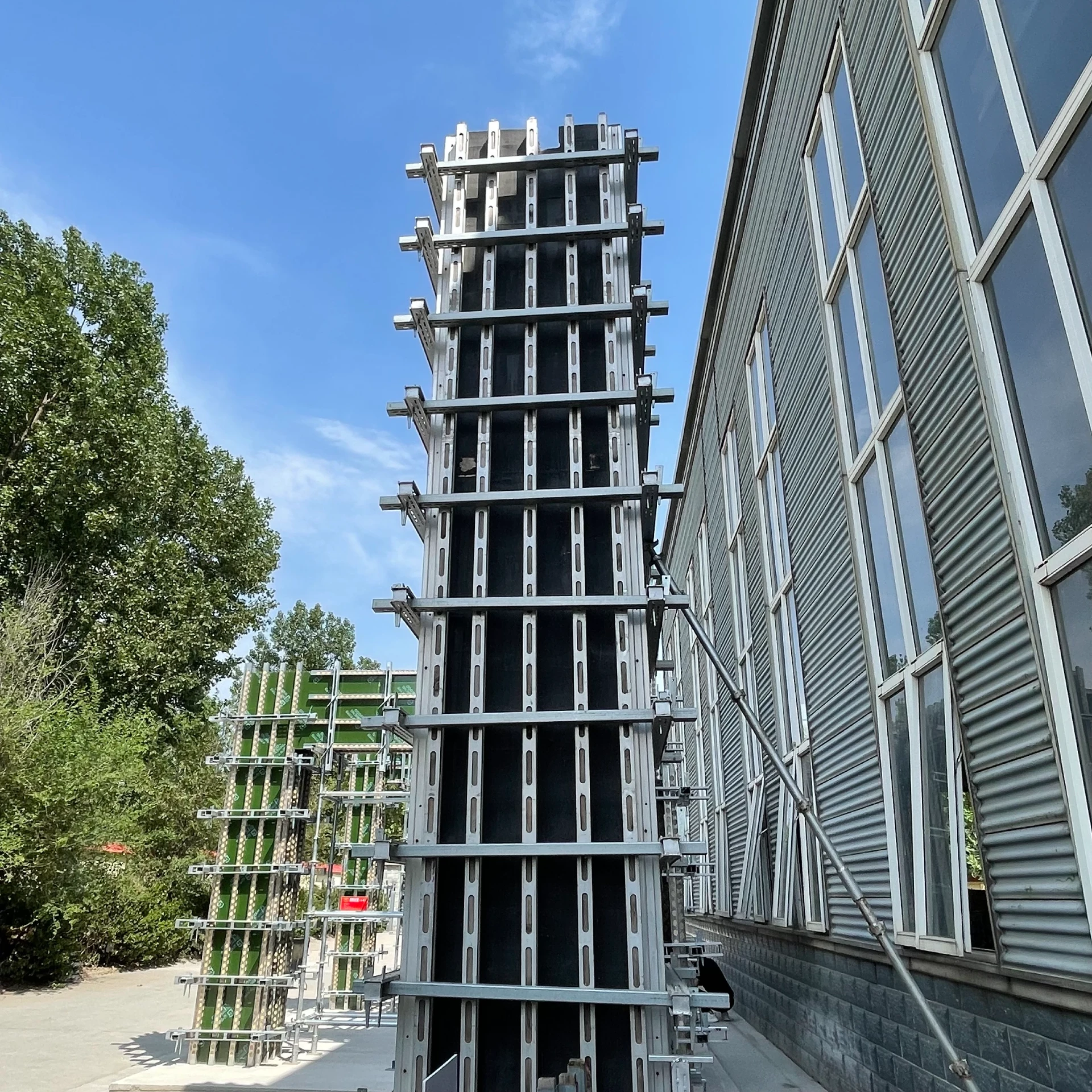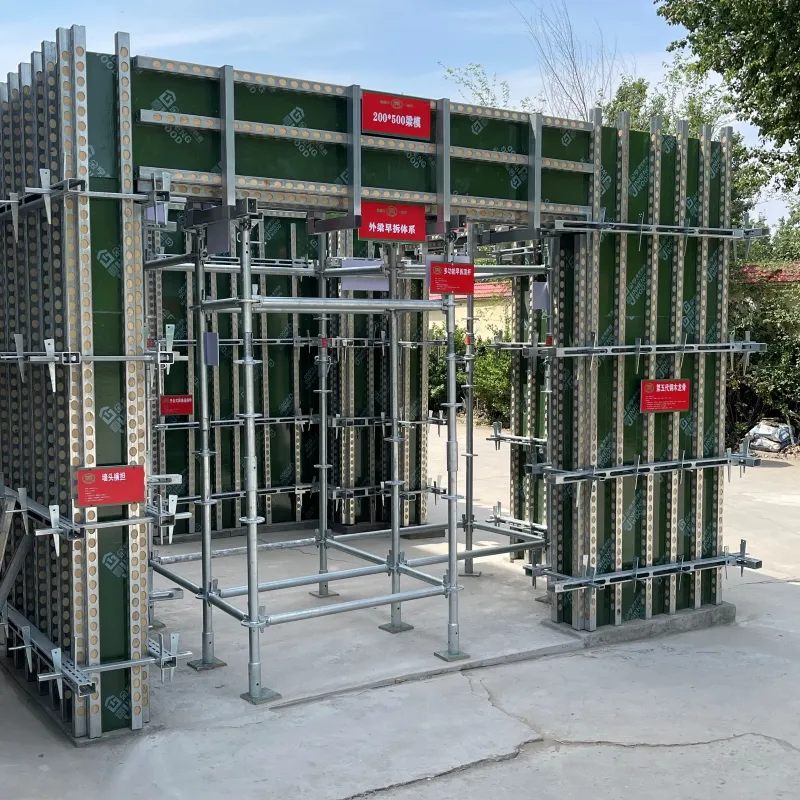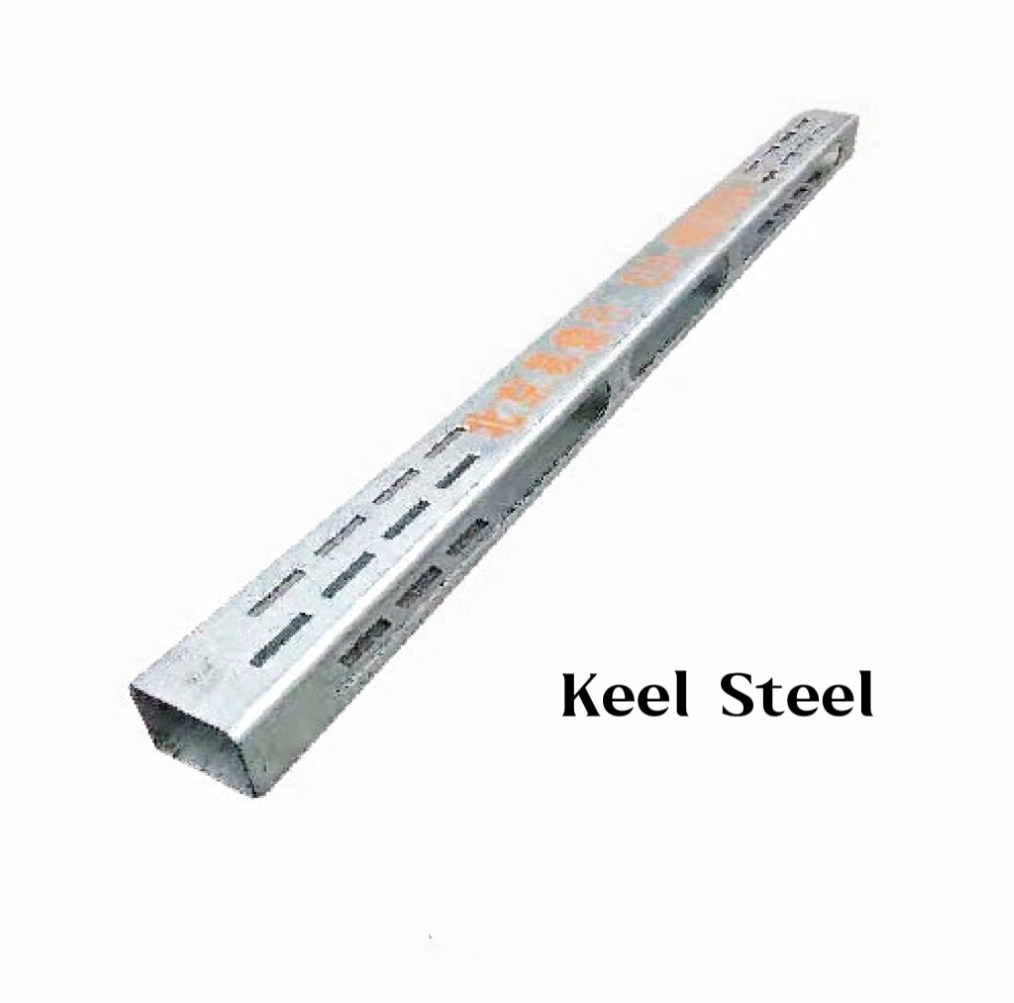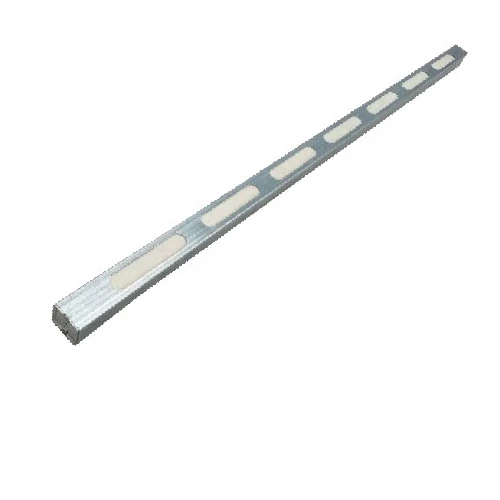
ม.ค. . 24, 2025 02:01
Back to list
structural floor slab
In the realm of modern construction, the structural floor slab stands as a pivotal element, offering both aesthetic allure and functional support. Unlike the conventional belief that associates slabs solely with foundational rigidity, the structural floor slab plays a multifaceted role in architectural design and building integrity. Mastering its intricacies demands insatiable curiosity, technical acumen, and hands-on experience, qualities that engineering professionals ardently refine.
Establishing authoritativeness in structural floor slab engineering is achieved through demonstrable proficiency and a commitment to continuous learning. Progressive practitioners stay abreast of building codes and material innovations, adapting methodologies to conform to evolving safety standards while harnessing advancements like 3D printing for mold-making or robotic installations to expedite construction processes. Engaging in professional workshops and contributing to scholarly publications bolsters credibility, marrying hands-on experience with empirical research. Trustworthy application of structural floor slabs mandates rigorous testing and quality assurance. Reputable firms emphasize the indispensability of routine inspections and utilitarian testing, ensuring that slabs exhibit faultless execution. These efforts safeguard against potential issues such as cracking or deflection, ensuring enduring performance and occupant safety. Moreover, maintaining transparency in client communications and delivering on promised standards reinforces trust, fostering long-term partnerships. Conclusively, the structural floor slab is more than just a component within the construction puzzle. It is a testament to human ingenuity and technical prowess. By synthesizing experience, expertise, and authoritative knowledge with an unwavering commitment to trust, professionals elevate the structural floor slab from mere necessity to an art form in modern construction. Their dedication ensures that each slab is not only a support structure but also a beacon of innovation and sustainability. In this manner, the crafted narrative of the structural floor slab continues to evolve, with the potential to redefine architectural horizons.
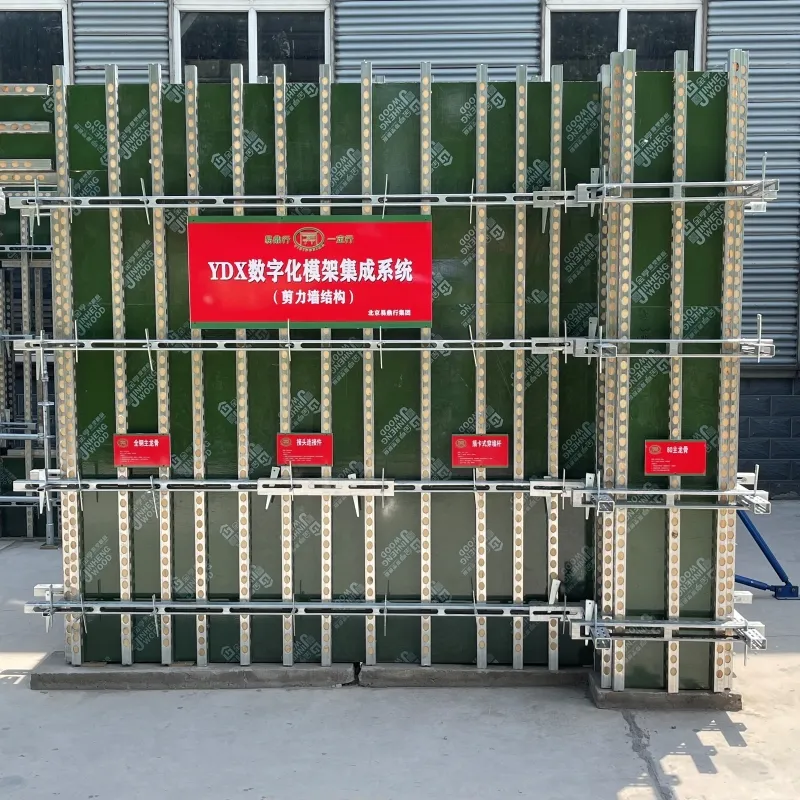
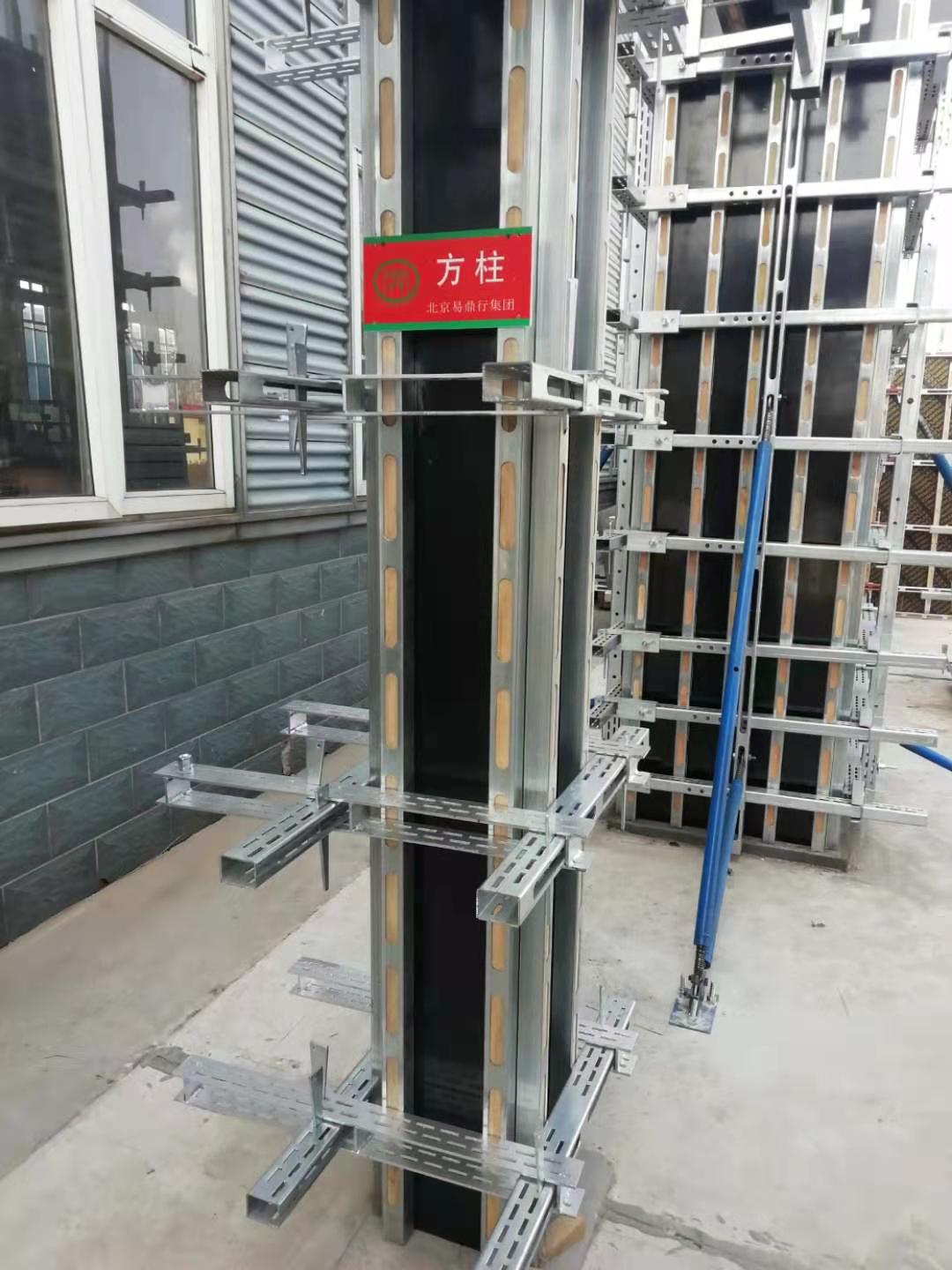
Establishing authoritativeness in structural floor slab engineering is achieved through demonstrable proficiency and a commitment to continuous learning. Progressive practitioners stay abreast of building codes and material innovations, adapting methodologies to conform to evolving safety standards while harnessing advancements like 3D printing for mold-making or robotic installations to expedite construction processes. Engaging in professional workshops and contributing to scholarly publications bolsters credibility, marrying hands-on experience with empirical research. Trustworthy application of structural floor slabs mandates rigorous testing and quality assurance. Reputable firms emphasize the indispensability of routine inspections and utilitarian testing, ensuring that slabs exhibit faultless execution. These efforts safeguard against potential issues such as cracking or deflection, ensuring enduring performance and occupant safety. Moreover, maintaining transparency in client communications and delivering on promised standards reinforces trust, fostering long-term partnerships. Conclusively, the structural floor slab is more than just a component within the construction puzzle. It is a testament to human ingenuity and technical prowess. By synthesizing experience, expertise, and authoritative knowledge with an unwavering commitment to trust, professionals elevate the structural floor slab from mere necessity to an art form in modern construction. Their dedication ensures that each slab is not only a support structure but also a beacon of innovation and sustainability. In this manner, the crafted narrative of the structural floor slab continues to evolve, with the potential to redefine architectural horizons.
Share
Next:
Latest news
-
The Importance of Reinforcement Bar in ConstructionNewsJul.11,2025
-
The Durability of Timber Steel FurnitureNewsJul.11,2025
-
How to Assemble Fixed Clamp Scaffolding SafelyNewsJul.11,2025
-
Essential Column Rebar Specifications for High-Rise BuildingsNewsJul.11,2025
-
Common Applications of Steel Keels in ConstructionNewsJul.11,2025
-
Benefits of Using Aluminum Scaffolding Ladders Over SteelNewsJul.11,2025
-
Stainless Steel Keel: Analysis of the Triple Advantages of Rigidity, Stability, and LightweightNewsJun.19,2025
Related Products




